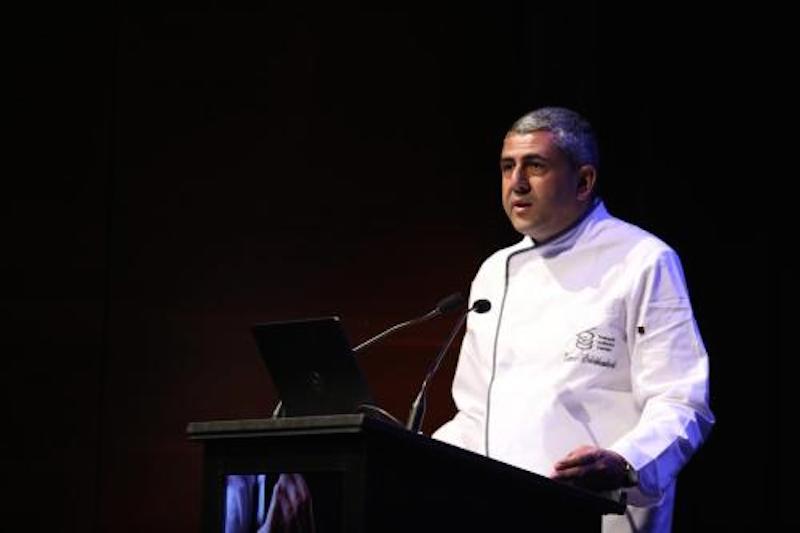
Madrid (TAN): United Nations World Tourism Organization (UNWTO) and the Basque Culinary Center (BCC) have launched a new set of guidelines to help destinations benefit from the growing interest in gastronomy tourism. The joint initiative was presented at the 5th UNWTO World Forum on Gastronomy Tourism in San Sebastian, Spain, on May 2 and 3.
As tourists increasingly demand unique and authentic travel experiences, the global gastronomy market has been enjoying significant growth over recent years. The new toolkit from UNWTO and BCC is aimed at helping destinations benefit from this trend.
[ALSO READ: You can now book the Spice World bus on Airbnb]
A UNWTO statement said this initiative was focused on empowering destinations with the knowledge and concrete steps they need to design and implement a gastronomic tourism plan.
“By adopting such a plan, cities and regions can enjoy the many benefits gastronomy tourism can bring. In addition to creating more and better jobs, it can also serve as a catalyst for innovation and entrepreneurship,” the statement added.
UNWTO secretary-general Zurab Pololikashvili said: “The broad spectrum of gastronomy tourism makes it an ally for job creation and social inclusion. It has a particular potential to economically empower the most vulnerable groups, such as women, youth, indigenous and rural communities.”
[ALSO READ: Refurbished Star Alliance lounge opens at Paris Charles de Gaulle Airport]
The ‘Guidelines for the Development of Gastronomy Tourism’ include recommendations on key aspects of planning and management as well as possible interventions and activities for implementation by National Tourism Administrations (NTAs), National Tourism Organizations (NTOs) and Destination Management Organizations (DMOs).
The publication touches on issues such as the promotion of the value chain, education and skills development, competitor analysis, destination image, governance, control and monitoring mechanisms and more.




